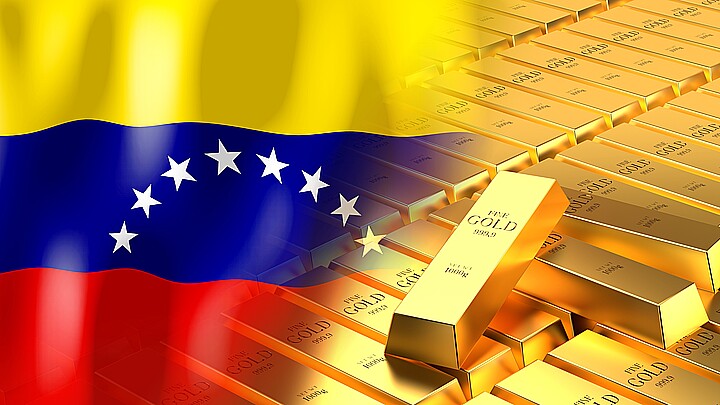Business
Venezuela cuts economic lifeline, taxes Bitcoin at 20%
The Maduro regime approved a new tax bill that would collect up to 20% in taxes on “large financial transactions” in cryptocurrencies or foreign currencies
February 7, 2022 12:02pm
Updated: February 7, 2022 1:40pm
It’s no secret that Venezuela has been suffering a political and economic crisis since the Bolivarian Revolution took over the country in 1998 with the election of Hugo Chavez – the charismatic despot who took the oil-rich country down the road of 21st Century Socialism.
Economically, this has meant the catastrophic collapse of what was once Latin America’s most prosperous nation – and the subsequent exodus of over 6 million Venezuelans who are now spread out across neighboring countries, and the world.
In recent years, inflation in Venezuela has spiraled out of control – causing prices to rise and goods to become largely unattainable by everyday citizens.
Yet while the world thought things couldn’t get worse than when inflation hit 862% in 2017, rates continued to rise and inflation hit 130,000% in 2018.
Although 2021 ended with the regime proclaiming that hyperinflation had ended, with levels back down to 686%, Hermes Perez, a professor of economics at the Metropolitan University in Caracas reminds us that, “It's still the highest in the world.”
Pensioner Humberto Reco is one of many voices on the street that don’t believe the new inflation rate will change anything as prices continue to rise uncontrollably.
"They say hyperinflation is over, but where I am, it's still there," Reco said. "Honestly, I don't see any improvement."
For this reason, Venezuelans have continued to rely on alternative forms of currency to avoid paying the heavy price of inflation – including USD, gold and cryptocurrency.
Yet perhaps in an attempt to fill the regime’s empty coffers -- or perhaps to incentivize the use of the bolivar, which lost over 70% in value in 2021 -- Maduro’s government approved last week a new tax bill that would collect up to 20% in taxes on “large financial transactions” in cryptocurrencies or foreign currencies, Ambito Financiero reported.
Exempt from this new tax are any currencies issued by the Boliviarian Republic of Venezuela – like the bolivar or the oil-backed cryptocurrency, El Petro.
“It is necessary to guarantee treatment at least equal to, or more favorable, to payments and transactions made in the national currency or in cryptocurrencies or crypto assets issued by the Bolivarian Republic of Venezuela versus payments made in foreign currency,” the bill reads.
This will surely be a blow to a people who have increasingly relied upon foreign and blockchain based currencies in order to feed their families and pay for basic goods.
The Venezuelan economy has embraced the move away from Venezuelan money and thousands of local businesses have begun to accept cryptocurrencies and foreign currencies in order to survive hyperinflation.
In October 2021, for example, Venezuela’s major international airport, Simon Bolivar International Airport, announced that it was preparing to accept crypto as a form of payment.
“We must advance in these new economic and technological systems to be accessible,” airport director Freddy Borges said.










